Best movies like Umbracle
A unique, carefully handpicked, selection of the best movies like Umbracle Starring Christopher Lee, Jeannine Mestre, Miguel Bilbatúa, Román Gubern, and more. If you liked Umbracle then you may also like: Yellow Caesar, The War at Home, Nocturne 29, Boogeyman II, The Clan and many more popular movies featured on this list. You can further filter the list even more or get a random selection from the list of similar movies, to make your selection even easier.
This film turns on two basic axes: the inquiry into ways of cinematographic representation and a critical image of official Spain at the time of the Franco dictatorship. “Montage of attractions” and Brechtianism in strong doses. Umbracle is made up of fragments (some are archive footage) that resound rather than progress by unusual links, with dejá vu scenes that promise us more but remain tensely unfinished. Jonathan Rosembaun said: “few directors since Resnais have played so ruthlessly with the unconscious narrative expectations to bug us”. Learning from the feeling of strangeness caused by Rossellini as he threw well known actors into savage scenery in southern Europe. Portabella makes Christopher Lee wander around a dream-like Barcelona. Without a doubt Portabella’s most structurally complex and most profoundly political film, that is ferociously poetic.
You may filter the list of movies on this page for a more refined, personalized selection of movies.
Still not sure what to watch click the recommend buttun below to get a movie recommendation selected from all the movies on this list
The War at Home
Documentary film about the anti-war movement in the Madison, Wisconsin area during the time of the Vietnam War. It combines archival footage and interviews with participants that explore the events of the period on the University of Wisconsin–Madison campus.
Nocturne 29
Portabella’s first feature, co-scripted by poet Joan Brossa, became one of the most influential works of the Barcelona avant-garde, although like all his early films, it circulated only in an underground fashion. Eschewing dialogue, the director constructs a non-narrative story in fragments that reveal the daily lives of an adulterous couple interspersed with a cryptic stream of unrelated imagery. The title of this homage to directors including Eisenstein, Antonioni, Bergman, and Buñuel refers to the 29 “black years” of the Franco dictatorship. — chicago.cervantes.es
Boogeyman II
Lacey, the shaken survivor of a bloody supernatural rampage in the countryside, is flown to Los Angeles where a slick movie producer plans to cash in on her story. At a decadent Hollywood party, plans for the beginning of a new horror movie franchise are torn asunder when a fragment of the original haunted mirror turns these hotshot movers and shakers into screamers and quakers!
Vampir Cuadecuc
An atmospheric essay, which is an alternative version of Count Dracula, a film directed by Jess Franco in 1970; a ghostly narration between fiction and reality.
Made in Dagenham
A dramatization of the 1968 strike at the Ford Dagenham car plant, where female workers walked out in protest against sexual discrimination.
Sex and Buttered Popcorn
Actor Ned Beatty hosts a look at the genre known as "exploitation" films. Interviews with some of the producers and directors of these films are shown, along with scenes from and trailers for some of these films.
Detropia
Detroit’s story has encapsulated the iconic narrative of America over the last century – the Great Migration of African Americans escaping Jim Crow; the rise of manufacturing and the middle class; the love affair with automobiles; the flowering of the American dream; and now… the collapse of the economy and the fading American mythos.
Commune
In 1968, Elsa and Richard Marley founded an alternative-living community, named Black Bear, in the remote Northern California wilderness with the motto "Free Land for Free People." This film tells the story of that intended utopia. Through archival footage and interviews with former residents, director Jonathan Berman explores the problems and realities of communal living and the evolution of a community that endured FBI harassment, cult leadership and more.
Mambru Went to War
The news of the death of Franco has a special resonance in the family of Florentina. Fiorentina communicates to the rest of the family a story far more important than the general's death: her husband Emiliano (Fernando Fernan-Gomez), who had been left for dead in the civil war, is alive. During the Franco dictatorship has remained hidden beneath the pylon is in the courtyard of the house.
While at War
Salamanca, Spain, 1936. In the early days of the military rebellion that began the Spanish Civil War (1936-39), writer Miguel de Unamuno supports the uprising in the hope that the prevailing political chaos will end. But when the confrontation becomes bloody, Unamuno must question his initial position.
The Night My Mother Killed My Father
Isabel is torn between the need to feel valued as an actress and her insecurities and contradictions. One night, she hosts a very special dinner: her husband Ángel, who is a scriptwriter, and Susana, Ángel's ex-wife and film director, want to convince Argentinian actor Diego Peretti to star in a movie. But at some point something unexpected happens that surprises everyone and disturbs the evening.
Goya in Bordeaux
Francisco Goya (1746-1828), deaf and ill, lives the last years of his life in voluntary exile in Bordeaux, a Liberal protesting the oppressive rule of Ferdinand VII. He's living with his much younger wife Leocadia and their daughter Rosario. He continues to paint at night, and in flashbacks stirred by conversations with his daughter, by awful headaches, and by the befuddlement of age, he relives key times in his life.
Dave Brubeck: In His Own Sweet Way
A chronological look at the life and career of jazz musician, composer, and performer Dave Brubeck (1920-2012 ), presented through contemporary interviews, archival footage of interviews and performances, and commentary by family, fellow musicians, and aficionados. Emphases include his mother's influence, his wife's invention of college tours, his skill as an accompanist, the great quartet (with Desmond, Morello, and Wright), his ability to find musical ideas everywhere, his orchestral compositions, his religious conversion, and his unflagging sweet nature.
Don Quixote
Don Quixote, accompanied by Sancho Panza, wander the roads of Spain protecting the weak and doing good deeds in the name of his beloved Dulcinea.
Hollywood Uncensored
Douglas Fairbanks Jr. and Peter Fonda host an examination of the history of decency standards for movies from the early 1920s onwards.
I Am Not Your Negro
Working from the text of James Baldwin’s unfinished final novel, director Raoul Peck creates a meditation on what it means to be Black in the United States.
The Silence of Others
The story of the tortuous struggle against the silence of the victims of the dictatorship imposed by General Franco after the victory of the rebel side in the Spanish Civil War (1936-1975). In a democratic country, but still ideologically divided, the survivors seek justice as they organize the so-called “Argentinian lawsuit” and denounce the legally sanctioned pact of oblivion that intends to hide the crimes they were subjects of.
Operation Ogre
Spain, 1973. Dictator Francisco Franco has ruled the country since 1939 with an iron fist; but he is now a very old and sick man. The future of the weakened regime is in danger. Admiral Carrero Blanco is his natural successor. The Basque terrorist gang ETA decides that he must die to prevent the dictatorship from continuing.
The Silence Before Bach
This latest feature from the eccentrically experimental Catalan director Portabella is a beautiful, sometimes faintly bonkers celebration and contemplation of the role Bach’s music plays in the world today. Blending historical reconstruction with very loosely linked ‘dramatic’ scenes and documentary sequences, the film constitutes a playful, painterly sequence of variations on the argument that Johann Sebastian changed the way the world hears thanks to his extraordinary ear for harmony.
The Frontier
A Chilean teacher, Ramiro, is sentenced to internal exile in a southern town where tidal waves often appear. He falls for a woman, Maite, whose father asks him to take her away. Although he gets his freedom he doesn't leave and when the water rises, Maite and her father die, and Ramiro flees to the hills.
The Legend of Valentino
An embellished dramatization of the career and personal life of actor Rudolph Valentino, widely regarded as the screen's first male sex symbol.
Marilyn Monroe: The Final Days
Marilyn Monroe's final project, "Something's Got to Give", has become one of the most talked about unfinished films in history. The story of the film and Marilyn's last days were seemingly lost… until now. Through interviews, never-before-seen footage and an edited reconstruction of "Something's Got to Give", Marilyn Monroe: The Final Days provides a definitive and fascinating look at the last act in the life of the world's most famous and tragic superstar.
The Power of Silence
Prades, France, 1940s. The exiled Catalan cellist Pau Casals decides not to perform any more in public until the fall of the dictatorship that oppresses Spain. Pierre, a young Frenchman studying with Casals, tries to convince him to celebrate an extraordinary concert as a tribute to freedom.
Franco Building with Jonathan Meades
Writer and broadcaster Jonathan Meades turns his gaze onto Spanish dictator Francisco Franco.
Jean-François and the Meaning of Life
A twelve-year-old existentialist kid runs away from home to meet his favorite philosopher, Albert Camus, not knowing he has been dead for fifty years. On his way he finds love and rejection for the first time in his life.
Bad Girl
The film investigates explicit representations of female sexuality by women, exploring the pragmatic and philosophical questions they pose, with emphasis on the ways in which the creation of women-friendly pornography confronts and alters the expectations of male consumers. Ultimately, Nitoslawska is concerned with how we comprehend desire, gender and identity, how we understand and represent its history, and the resulting affect on culture and human relations.
Madrid
Hans, a German director, is in Madrid to film a television production about the capital and the Civil War, 50 years after it occurred. Accompanied by Lucía, his editor, and Goyo, his cinematographer, he films shots of the modern city, searching for spaces and people related to its past. At the same time, he views materials related to the past. In this search, Hans questions the point of his project, and disagrees with his producers until he discovers a project that he is passionate about.
Burnface
"Caracremada" ("Burnface" in Catalan), a nickname given by the Spanish Civil Guard to Ramon Vila Capdevila, reflects about the libertarian resistance against Franco's regime through the last active guerrilla fighter. In 1951 the CNT ordered the retreat of its militants; however Ramon Vila remained in the woods of inland Catalonia where he restarted the fight operating on his own.
Symbiopsychotaxiplasm: Take 2 ½
A movie about making movies about making movies. In 1968, William Greaves shot several pairs of actors in a scene in which a woman confronts her husband and ends their relationship. In "Take 2 1/2," Greaves starts with 1968 takes of one of these pairs of actors plus footage of the crew discussing the film's progress. Then, 35 years later, Greaves brings back to Central Park those actors and some of the original crew (plus others) to film a reunion of the characters Alice and Freddie. We watch scenes of these characters and discussions among the actors and crew. Greaves explores and dramatizes the dialectic in the creative process.
Berkeley in the Sixties
A documentary about militant student political activity at the University of California, Berkeley in the 1960s.






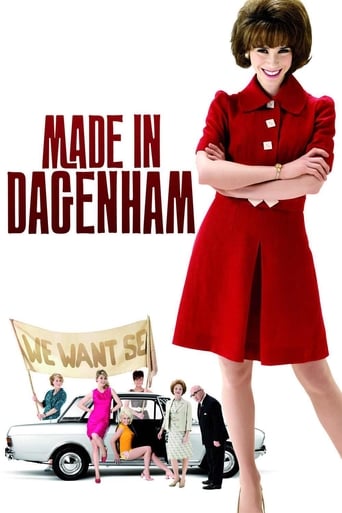









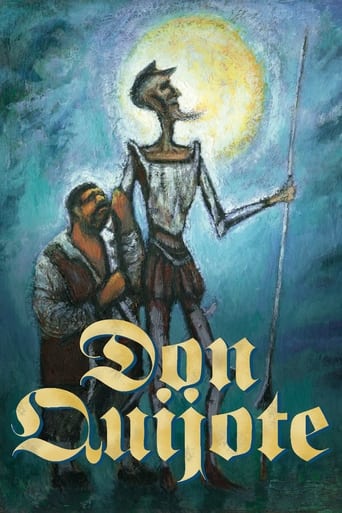

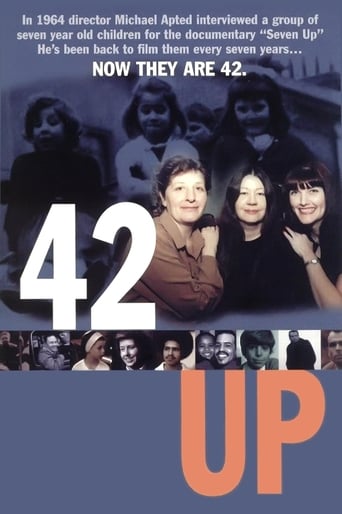


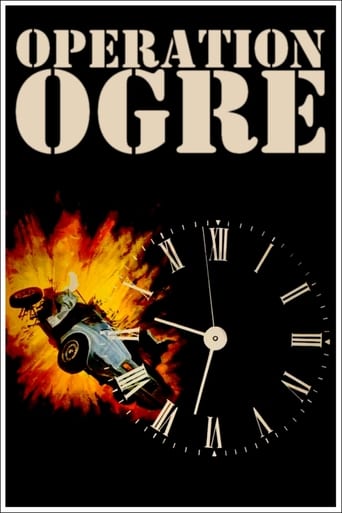


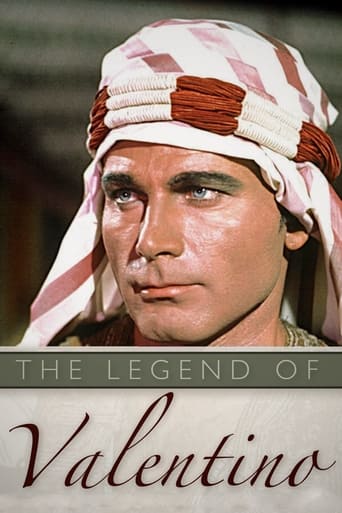
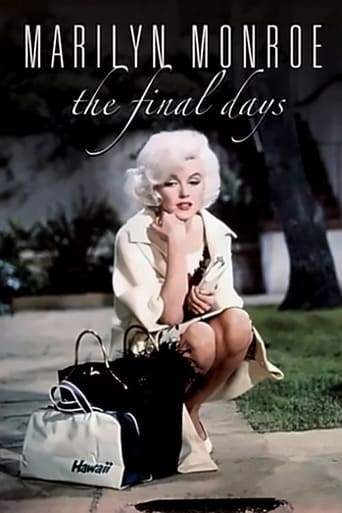
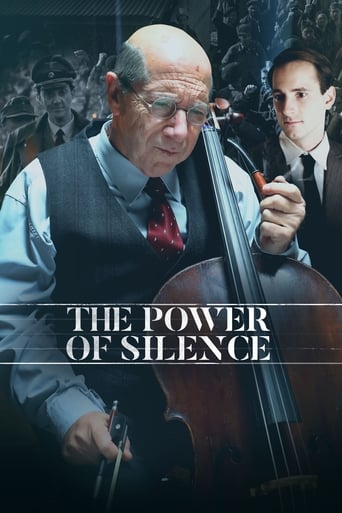


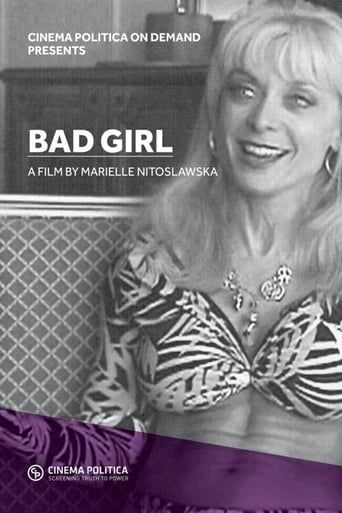



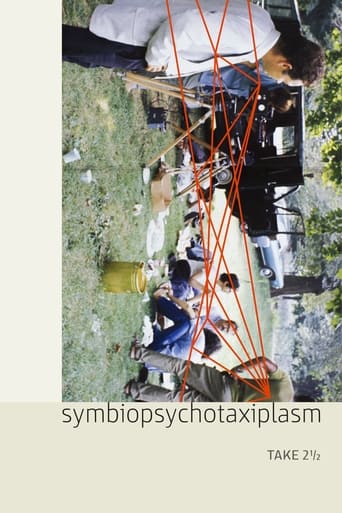
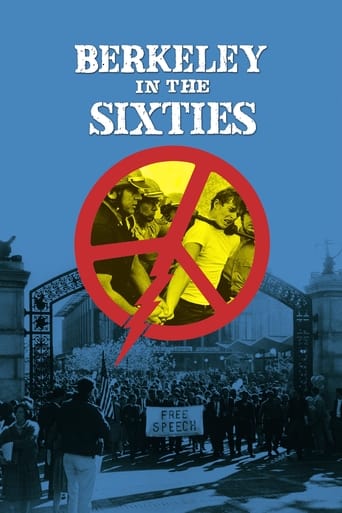
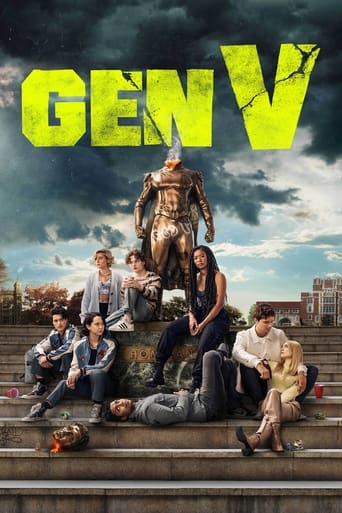
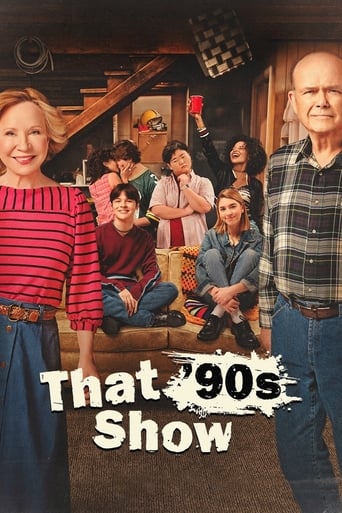
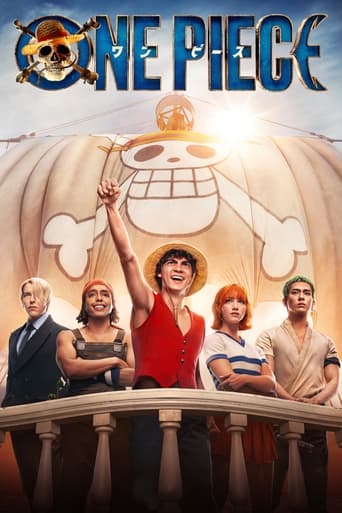
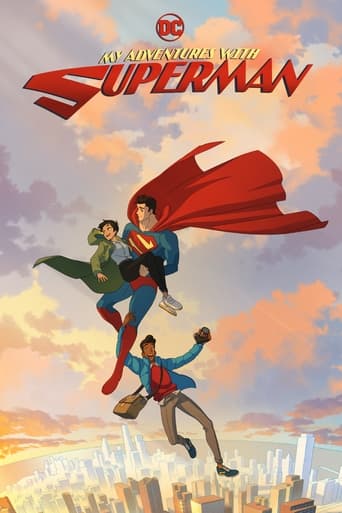
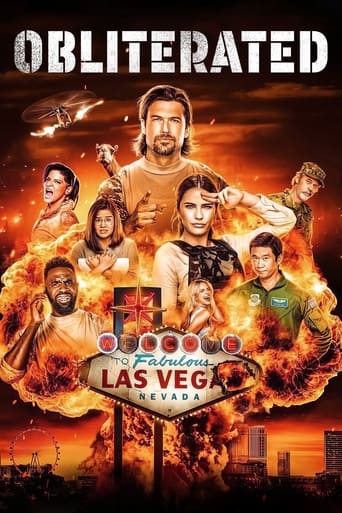
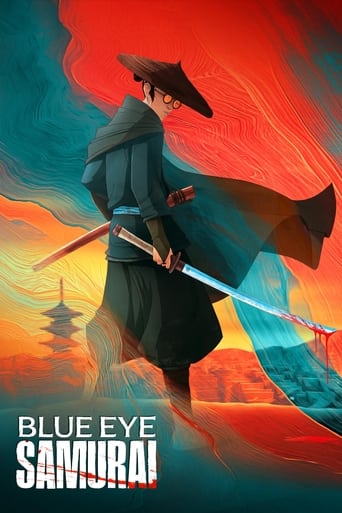
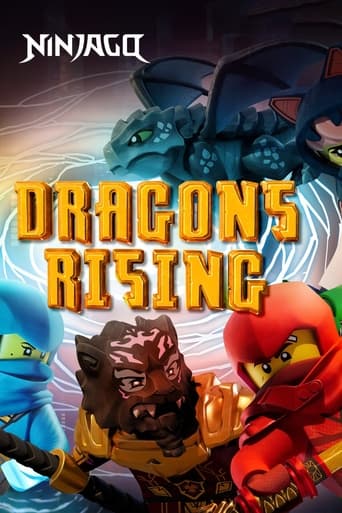
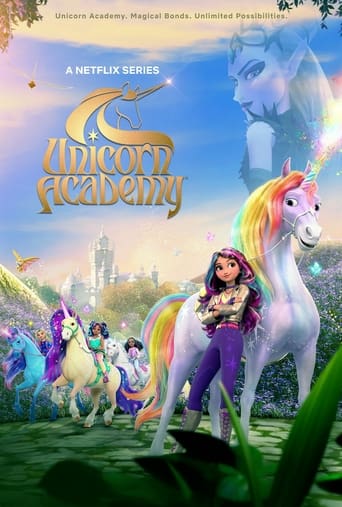
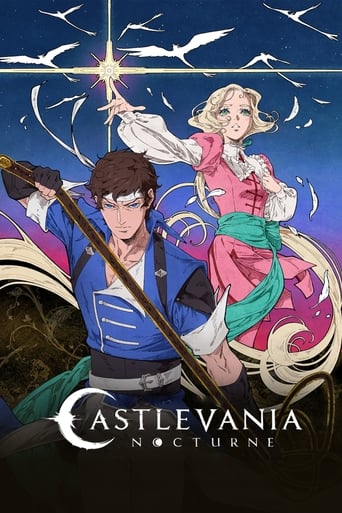


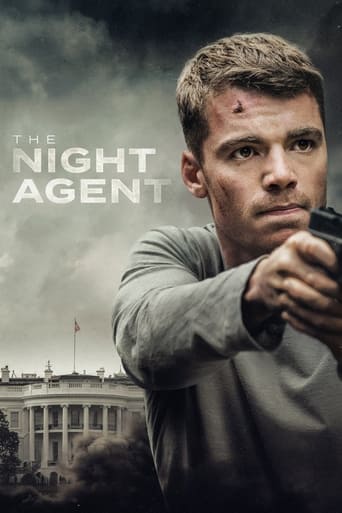
Yellow Caesar
Using edited archive footage, mockery is made of Italy's dictator Benito Mussolini.